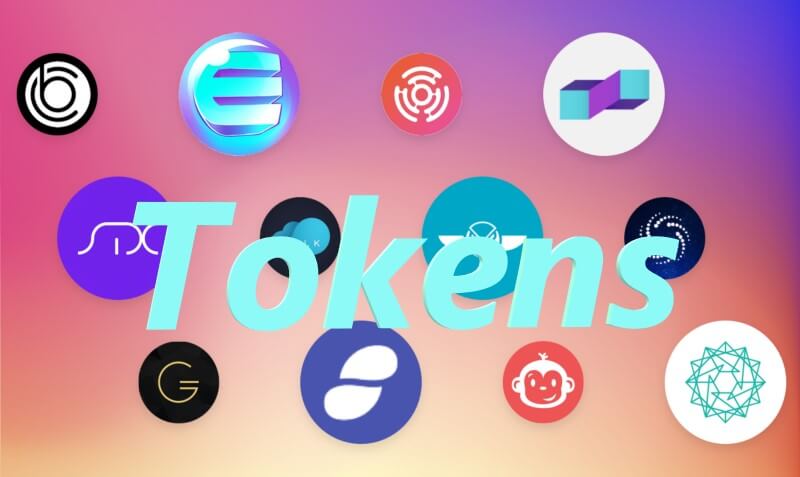
What are tokens?
Tokens are like cryptocurrencies as they are digital-only currencies. The difference is that a cryptocurrency is the blockchain’s native currency, and a token exists on a blockchain.
Let us run through an example. Ether (ETH) is the native currency for the Ethereum blockchain, so it’s a cryptocurrency. DAI is built on the Ethereum blockchain, so it’s a token.
Some of these use cases are:
- Decentralized finance (DeFi): This is an exciting alternative to traditional finance.
- Non-fungible tokens (NFTs): Are unique digital assets.
- Stablecoins (Stables): These are tokens pegged to the price of a commodity like gold or currency like the US Dollar.
How do tokens work?
Each token is different from the next. But they’re based on standards that make storing them on wallets easy. Before universal standards, tokens would use different code. That meant exchanges and wallets had to write custom code for each new token.
Most tokens exist on the Ethereum blockchain. So it makes sense to explain the types of standards on this network. Other blockchains have their alternatives.
The most common standard is an ERC-20 token. ERC-20s are fungible, meaning they are replaceable by another of their token. This is how traditional money works: $1 is as good as another $1.
The other two standards are for non-fungible tokens.
While ERC-20 tokens are fungible, ERC-721 tokens are not. An ERC-721 is unique and is irreplaceable. That’s why they’re perfect for collectibles and digital art.
The final standard is ERC-1155, which is fungible and non-fungible. In games like MMORPGs, users have fungible assets like currency and non-fungible assets like rare items. These items must also be exchangeable for each other. That’s why you need this standard.
What are the benefits of using tokens?
Tokens, like cryptocurrency, have a wide range of benefits. That’s because they are:
- Programmable: Tokens can perform coded instructions through smart contracts creating unique features and functions.
- Permissionless: You don’t need to go through a third party like a bank to access tokens. Anyone with a wallet can own tokens and enjoy them.
- Transparent: The code, transactions, and creators of tokens are all public.
We’ve outlined a few use cases for tokens. In the future, as the industry develops, these use cases will expand based on the needs of the network participants. That’s what makes tokens exciting!
Share this Post